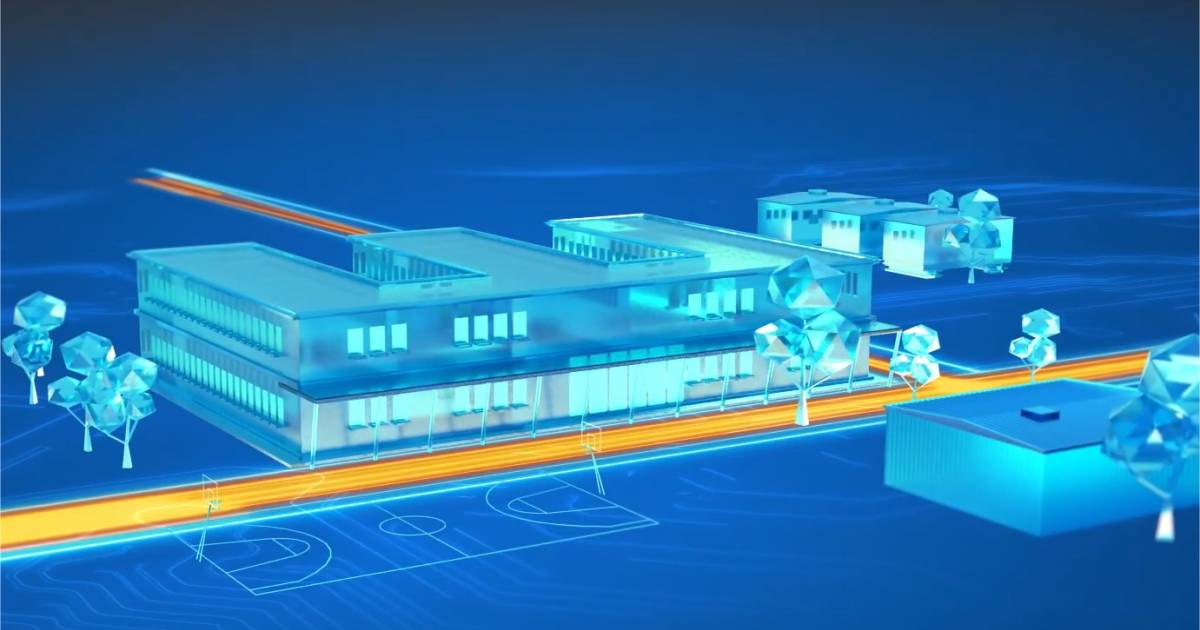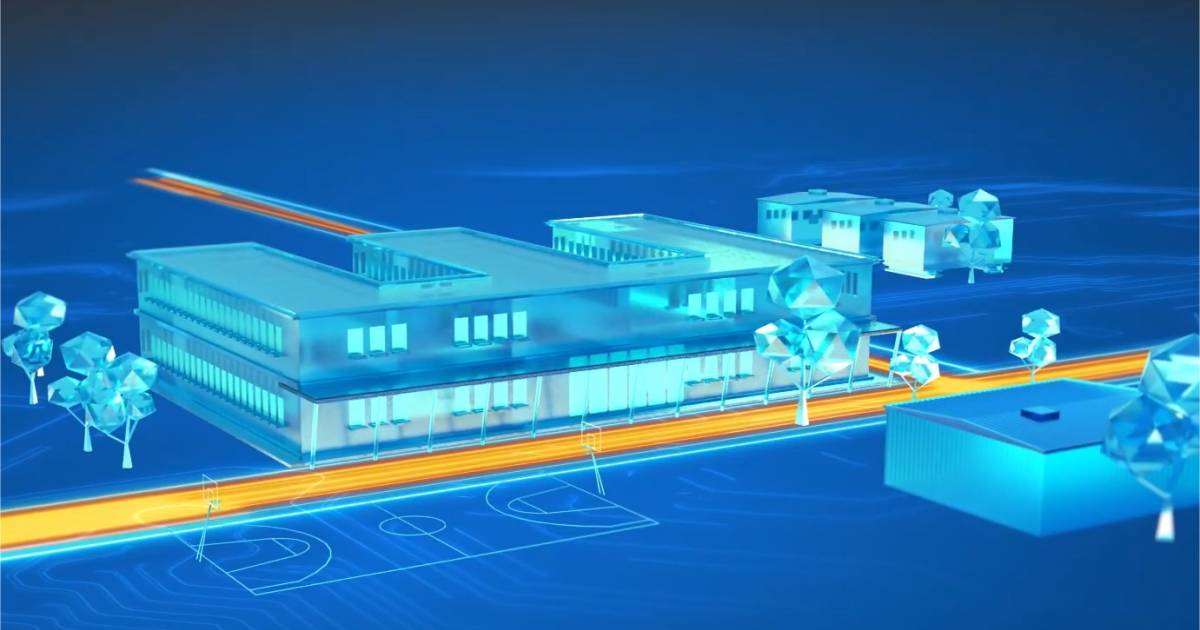South Australia's Marshall Government says it has now delivered high speed internet to just about every public school in the state.
The SWiFT internet program was designed to provide 514 of the 518 public schools in SA high-speed fibre optic cable throughout 2019 and 2020, with the remaining four schools - all in very remote locations - to have other high speed solutions implemented.

The $80 million first stage of the SWiFT internet program has resulted in hundreds of kilometres of fibre optic cable laid to reach around 500 school sites. A further 11 regional and remote sites will have fast connections by the end of this year.
Prior to the program kicking off, only one in five public schools had a fibre optic connection.
The State Government has also embarked on rolling out high-speed internet connectivity to all preschools and children’s centres, with an additional $50 million investment including boosted internet security across all schools. To date, 150 preschools have been connected, with all preschools set to be complete by mid-2021.
“This $130 million investment is bringing South Australian schools and preschools into the 21st century, opening up a world of learning resources and opportunities for staff and students across the state,” said Education Minister John Gardner.
Public School Students And Home Connectivity
It's great to see these sorts of projects - but students need good quality internet access when away from school too in order to engage effectively in home studies.
The news of progress in South Australia came just a day before a report released by the Australian Education Union indicating issues in digital inclusion among public school students nationally. The report found approximately 125,000 public school students lived in dwellings without internet access and public school students were 2.5 times more likely than either Catholic or independent school students to have no home internet access.
While the report was based on Census 2016 statistics and there has been support for low income households since, the AEU believes digital exclusion remains a significant problem.
"The AEU demands that the Federal Government, as an immediate priority, carry out a thorough digital equity audit to determine the impact on students of a lack of access to the internet and digital resources," said the union.



